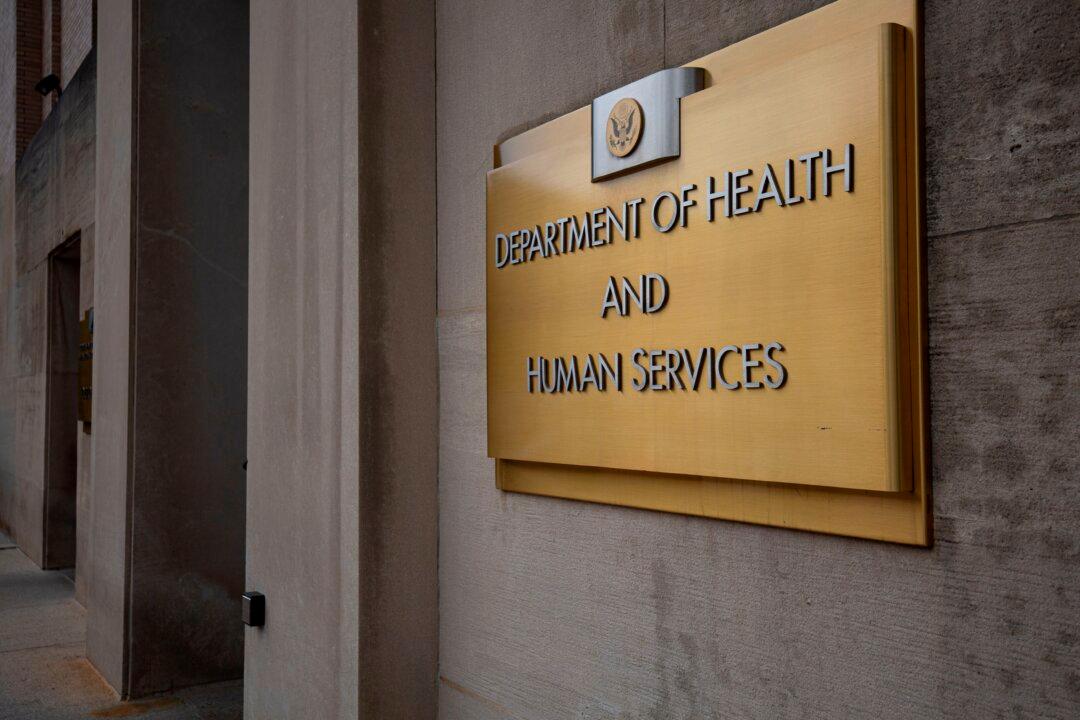A second federal court judge has overturned a Trump administration rule that allowed healthcare providers to refuse to provide medical services they object to for religious or moral reasons.
U.S. District Judge Stanley Bastian in the Eastern District Court of Washington granted a summary judgment to the state attorney general, who argued that the rule would threaten access to reproductive healthcare, particularly for low-income, rural, and working poor patients, and allow providers to discriminate against LGBTQ individuals, according to the Washington Attorney General Bob Ferguson.




